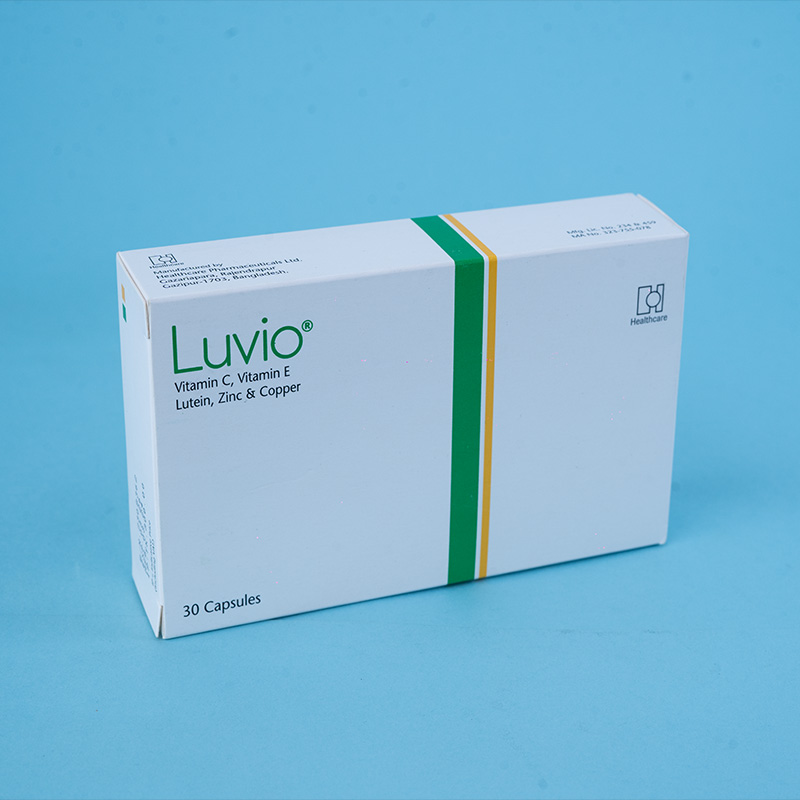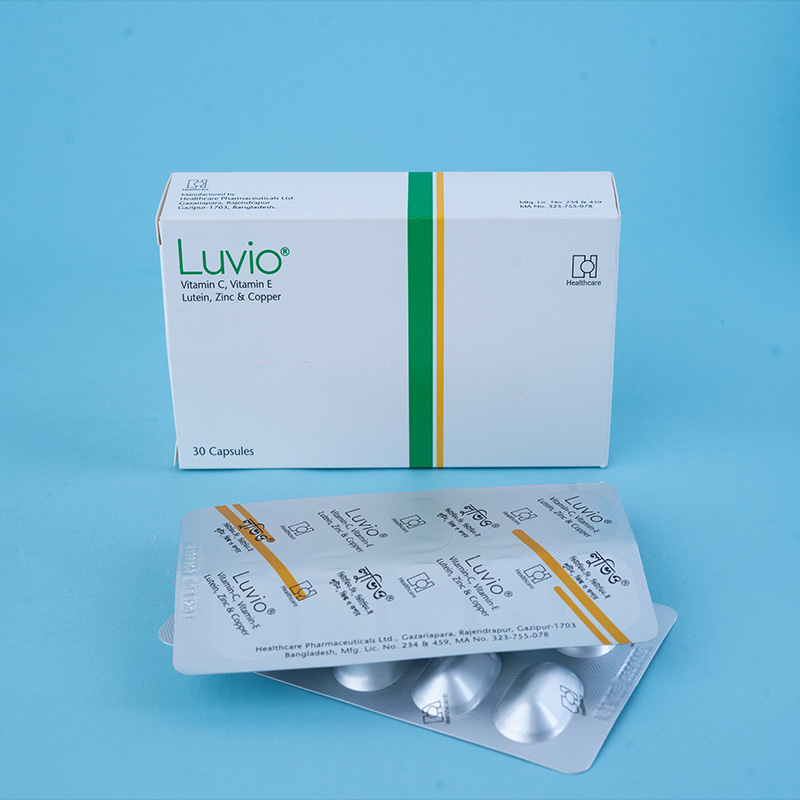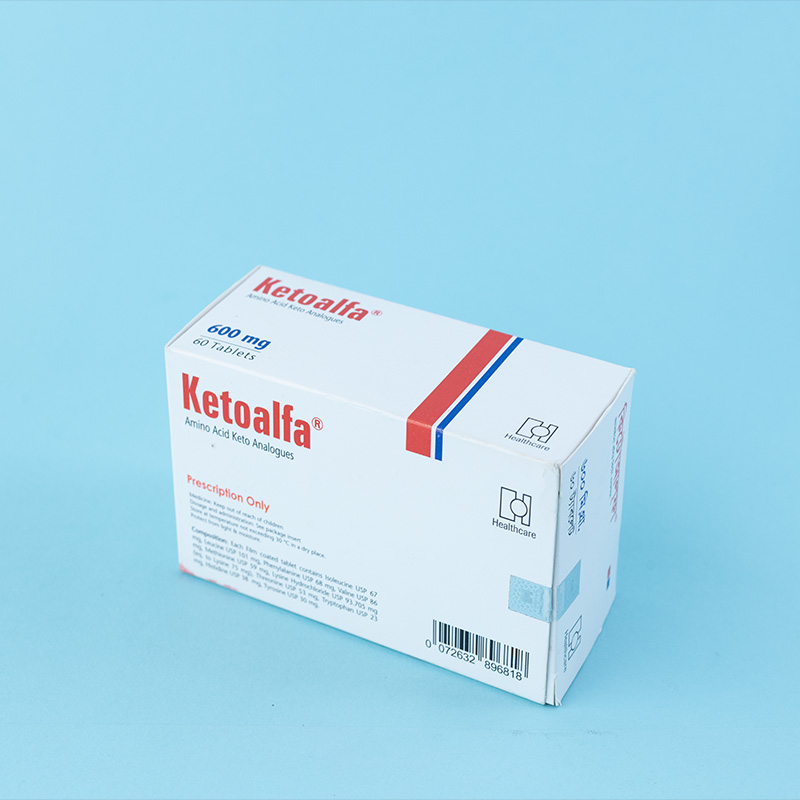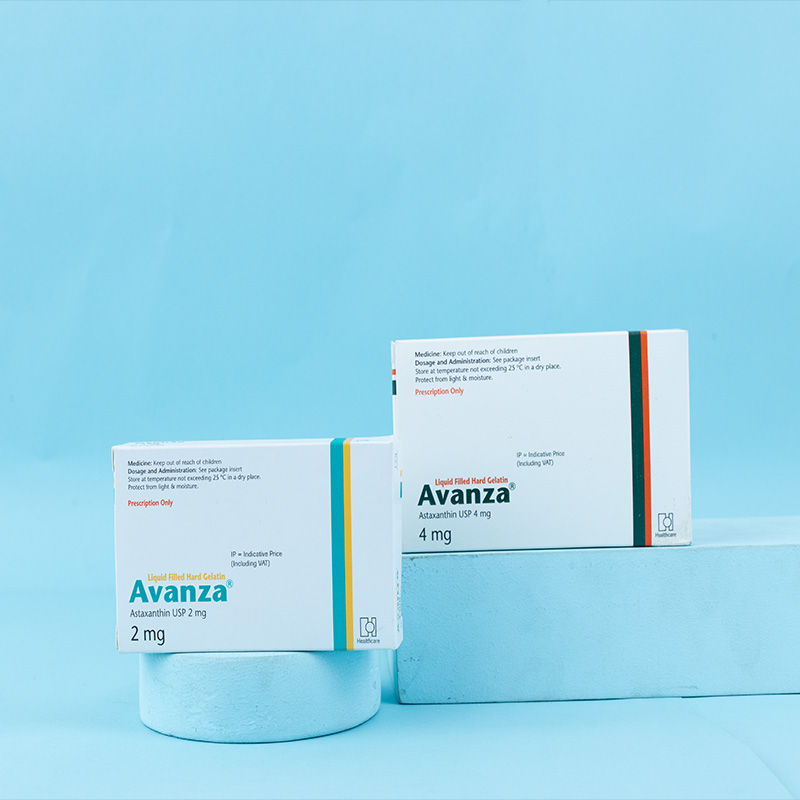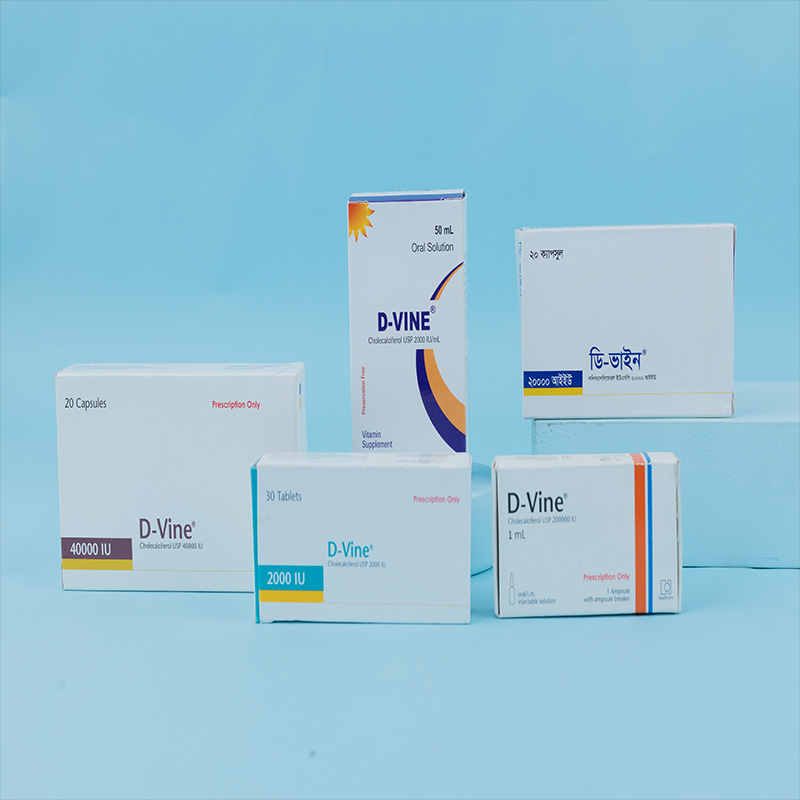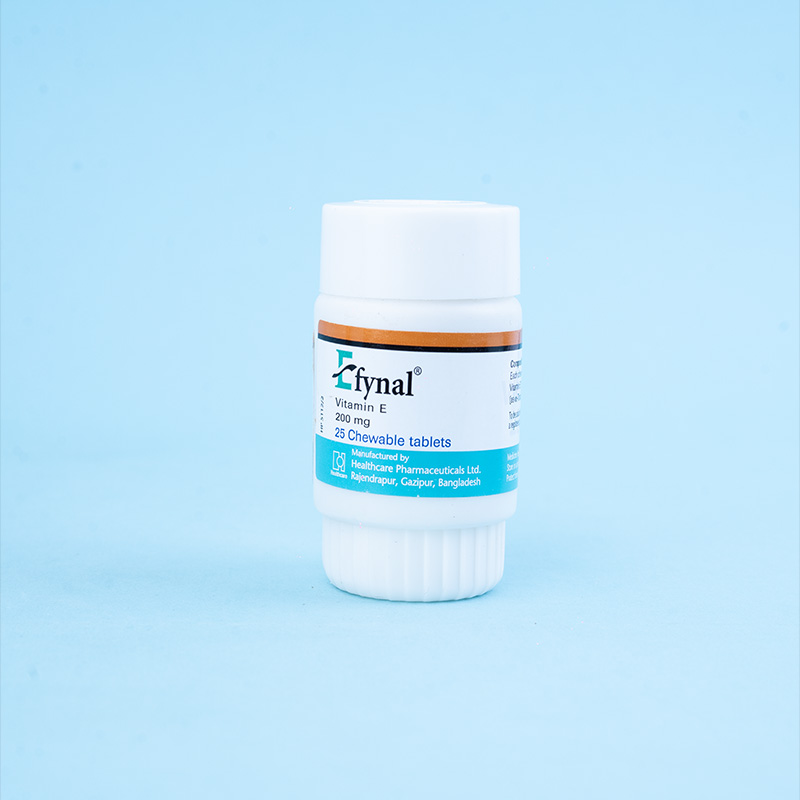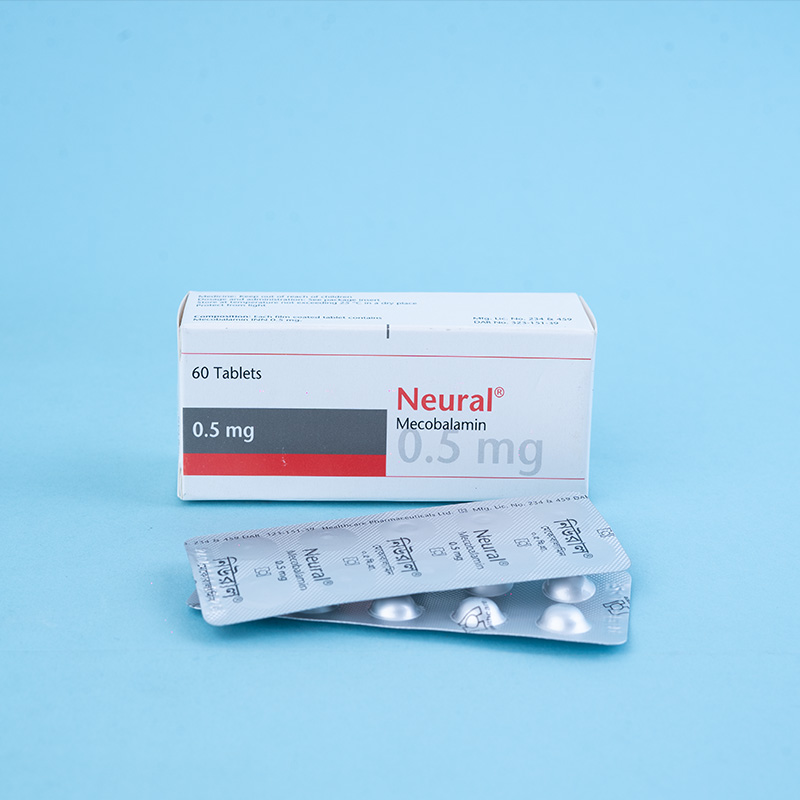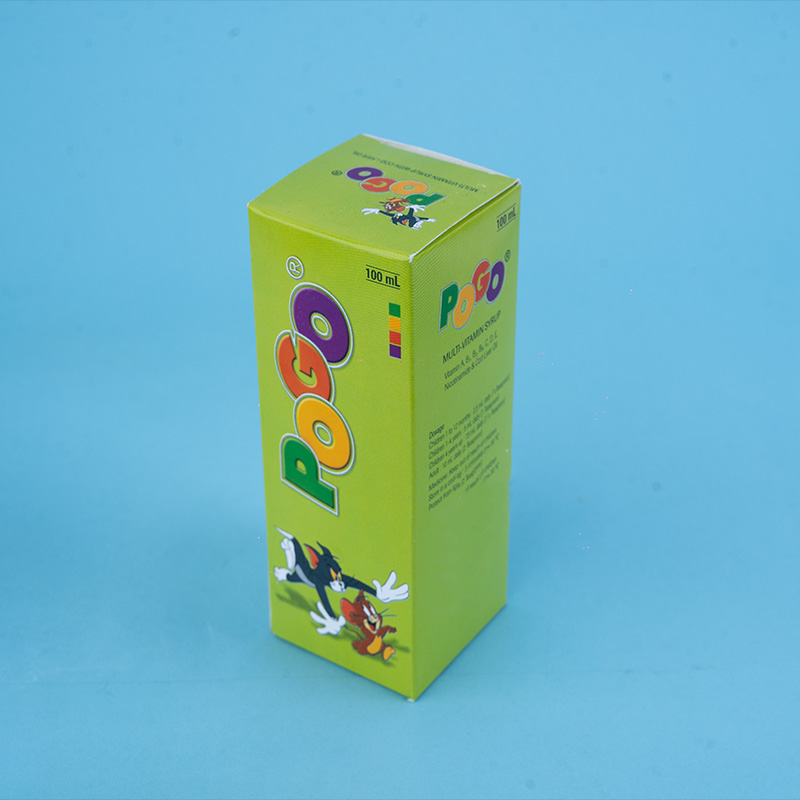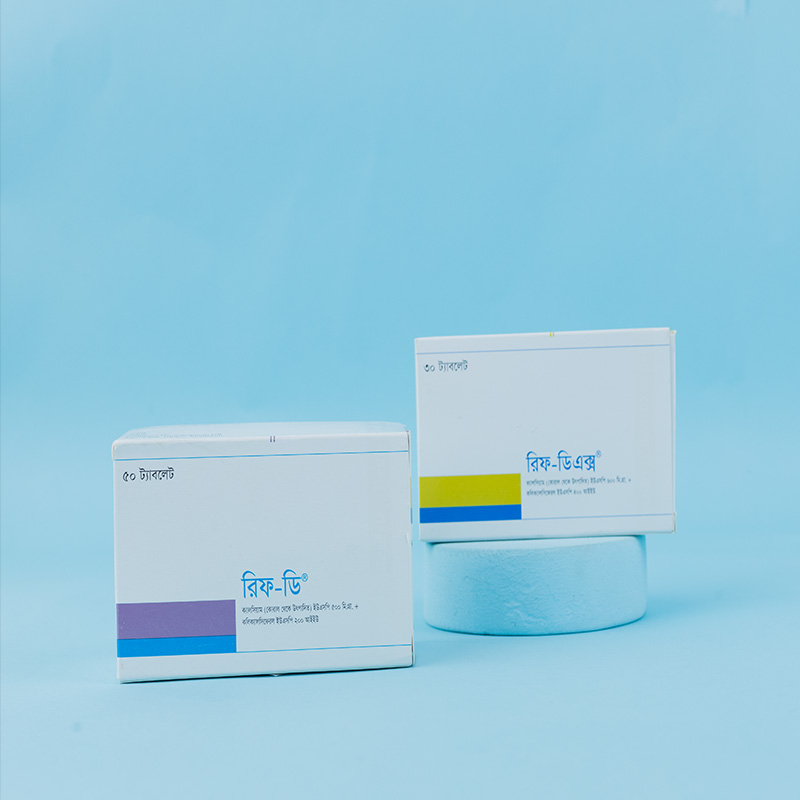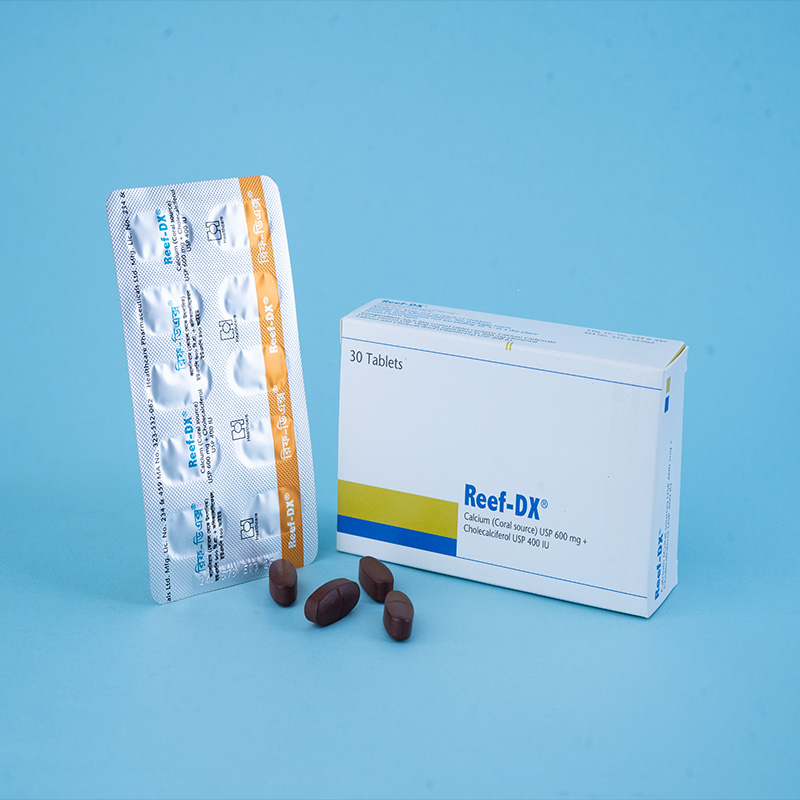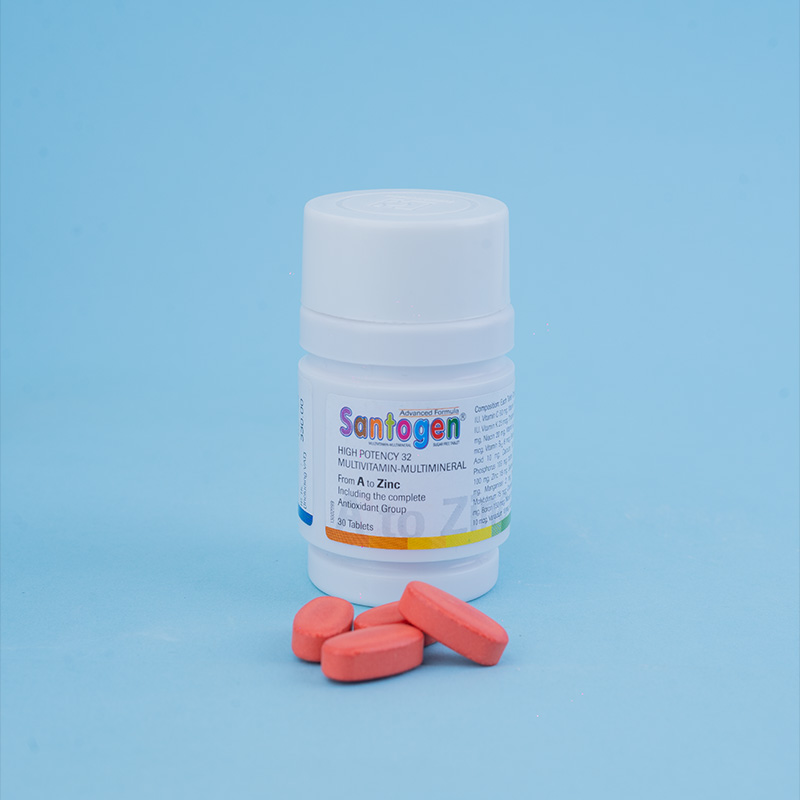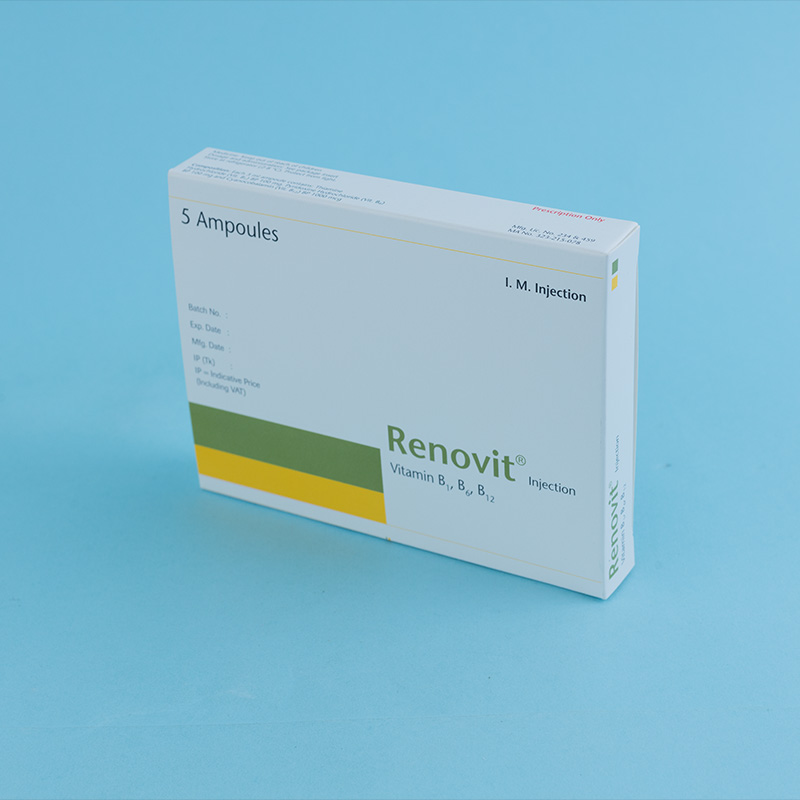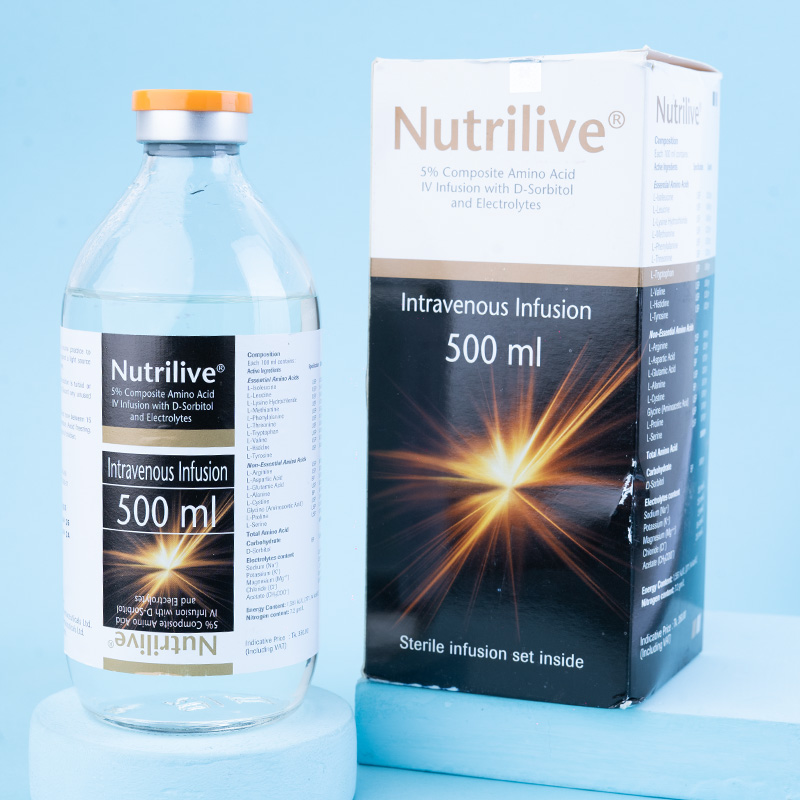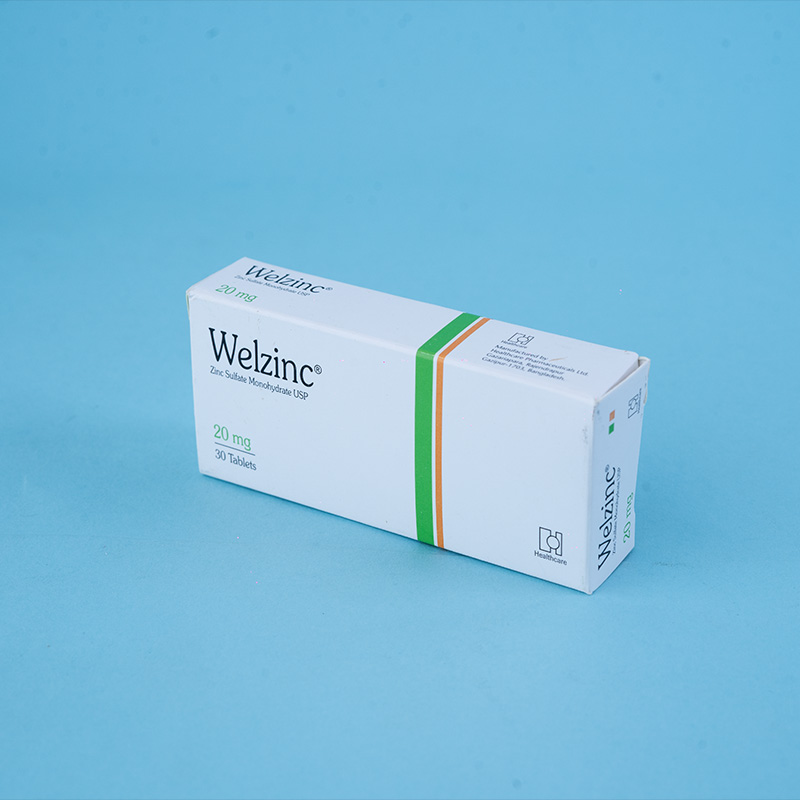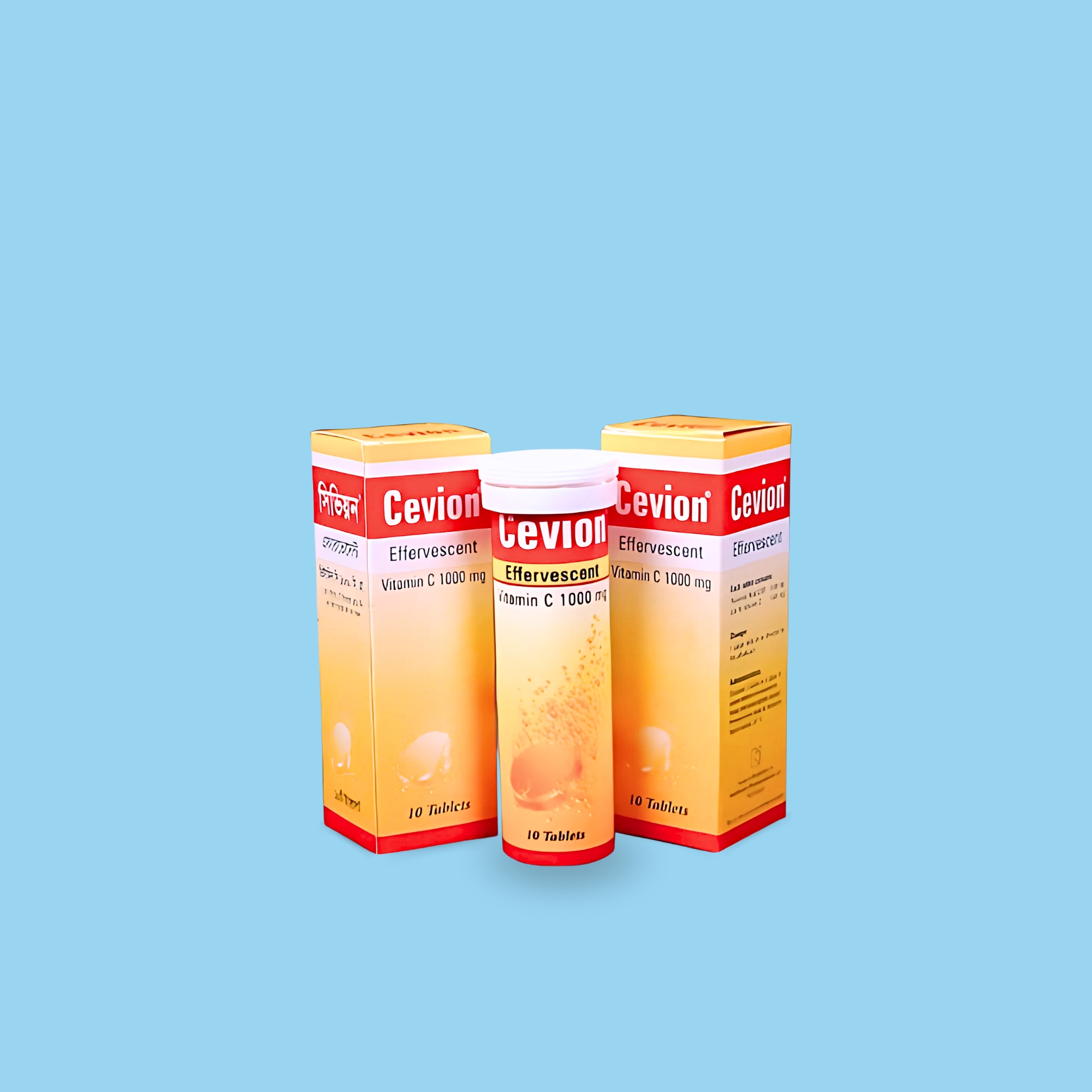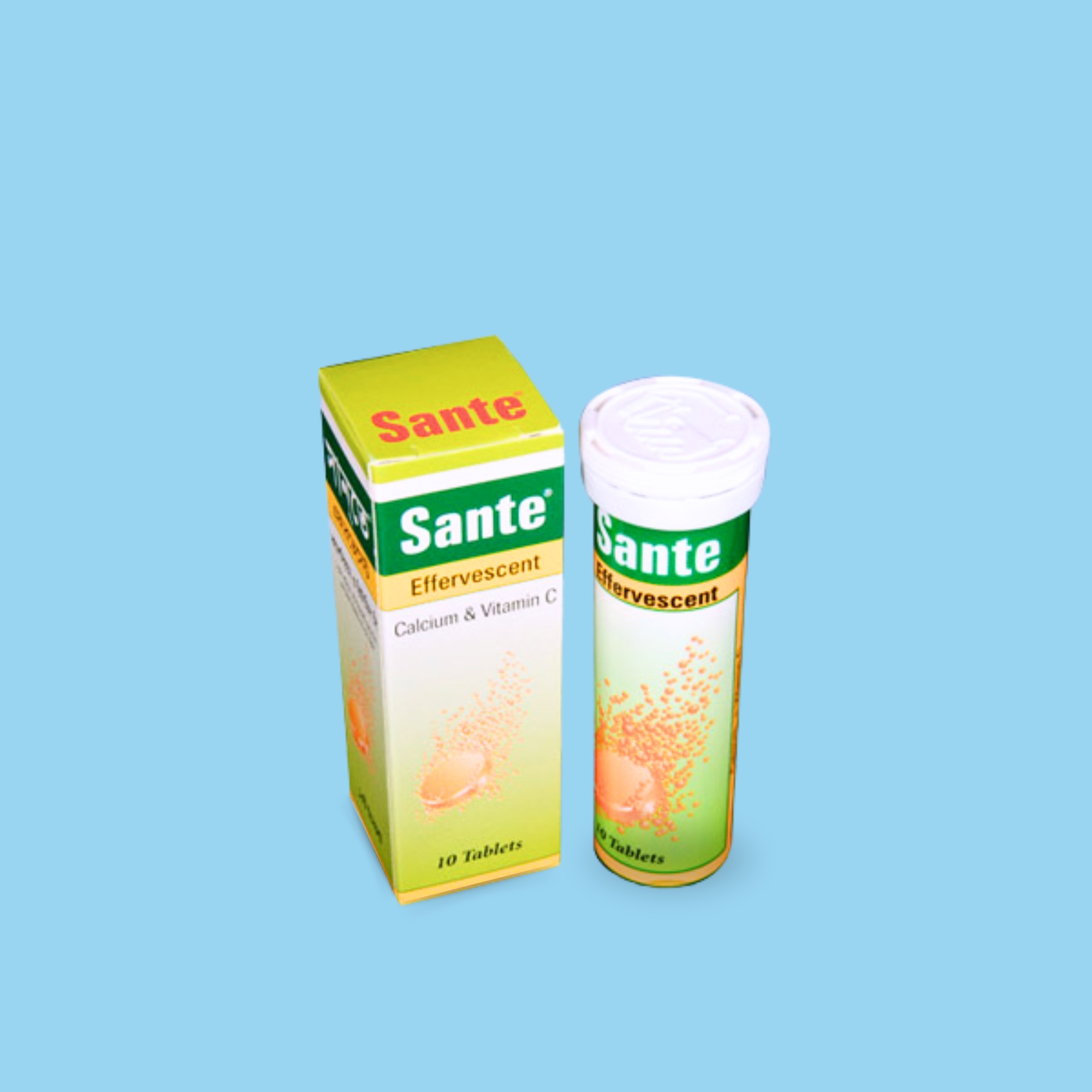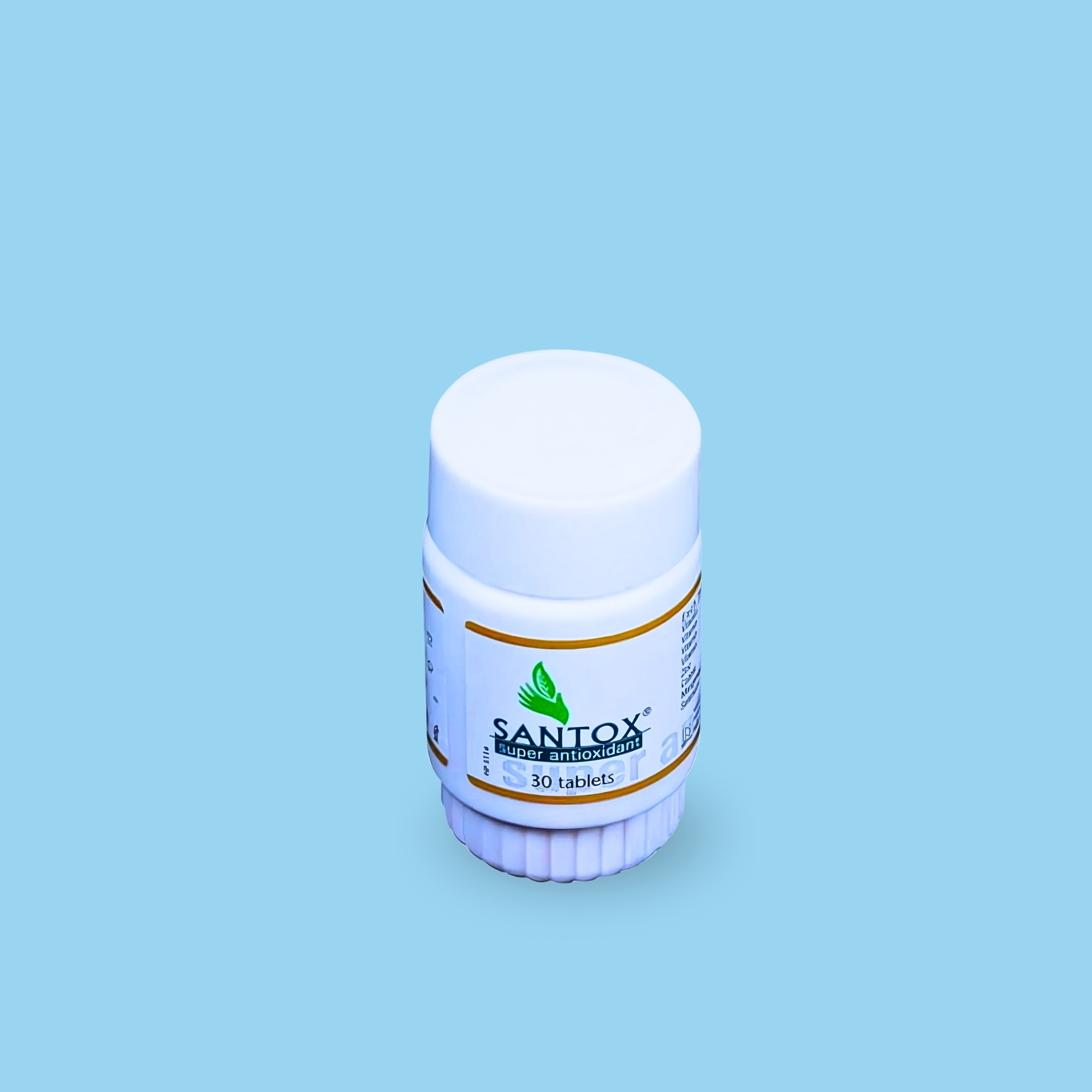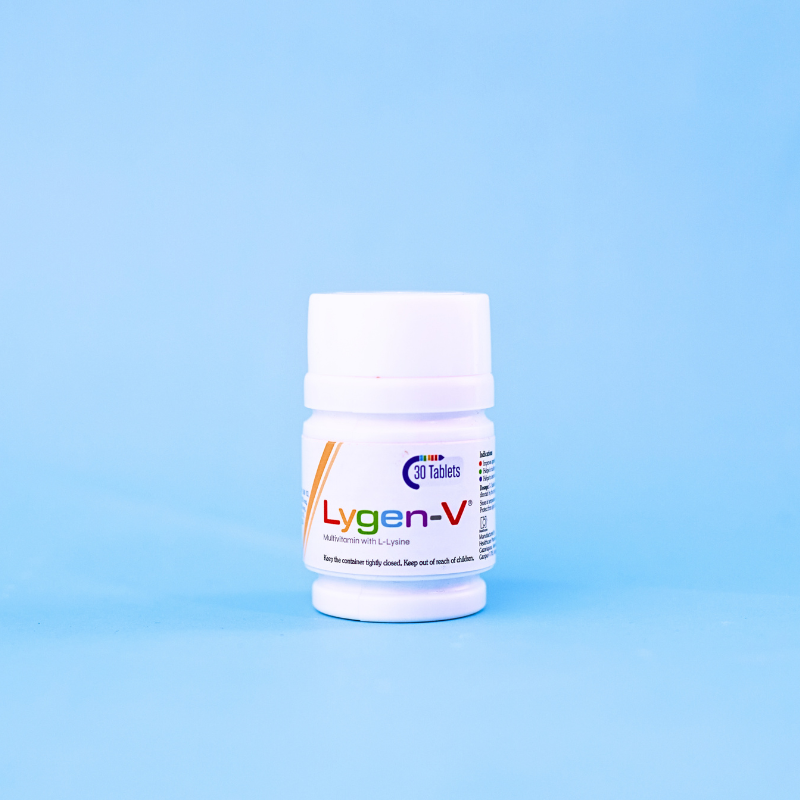Vitamin C is highly concentrated in the lens of the eye compared to blood. Long-term Vitamin C supplementation (over 10 years) has been associated with a reduced risk of cataracts. It plays an important role in scavenging harmful free radicals, helping to prevent oxidative damage.
Studies suggest that high serum Vitamin E concentrations are associated with a lower risk of cataracts, although the exact mechanism of action is still not fully understood. As an antioxidant, Vitamin E also contributes to free radical neutralization, protecting eye tissues from oxidative stress.
Lutein is a carotenoid that is highly concentrated in the macula of the eye. Clinical and animal studies indicate that this carotenoid may help protect the macula from oxidative stress and light-induced damage. Although the precise mechanism is unclear, a large-scale study found that high dietary levels of Lutein are associated with a lower risk of Age-Related Macular Degeneration (AMD).
Zinc is an essential trace element involved in numerous enzyme systems. A mild deficiency may cause distorted taste perception, a weakened sense of smell, and delayed wound healing. Severe zinc deficiency can result in skin lesions, alopecia (hair loss), diarrhea, increased susceptibility to infections, and growth failure in children.
Copper plays a vital role in growth, skeletal integrity, and nervous system development. As a component of various enzymes, it is essential for numerous metabolic processes in the body.
The recommended dosage is one capsule, once or twice daily, or as directed by a physician.
(Please take the medicine as per the prescription of a registered doctor.)
No known drug interactions have been reported.
Luvio is contraindicated in individuals with a history of hypersensitivity to any of its ingredients.
Vitamin C (at high doses) may cause diarrhea and gastrointestinal discomfort.
Vitamin E (at high doses) may lead to diarrhea, abdominal pain, fatigue, and weakness.
Zinc salts may cause abdominal pain and indigestion (dyspepsia).
Luvio is recommended for use during pregnancy and lactation. However, it should be taken under medical supervision.
Vitamin C should be used with caution in patients with hyperoxaluria, as it may increase the risk of kidney stone formation.
Vitamin E should be administered with caution in patients taking oral anticoagulants or estrogen therapy, as it may interfere with Vitamin K and lead to increased blood clotting time.
Store in a dry place below 25°C. Protect from light and moisture.
